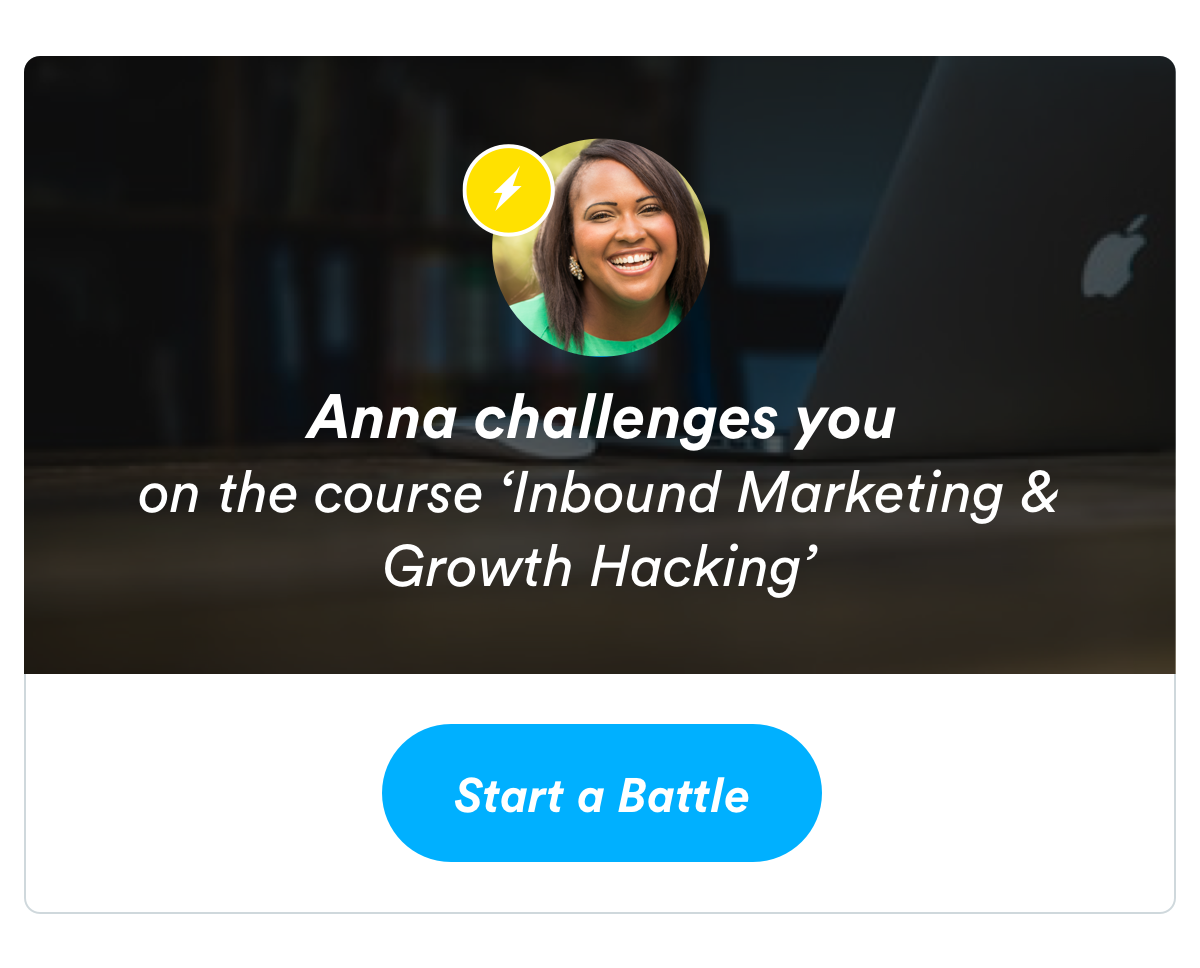The Government of the Principality of Monaco has confirmed e-learning leader Coorpacademy as its new digital training platform to underpin Monaco’s strategic transformation programme, Extended Monaco – a plan to digitise all of its public sector and economy.
In this context, the Principality’s government is launching a digital university, the Monaco Digital Academy, with a detailed training syllabus for its 3,600 public servants and agents in order to help them transition successfully to new way of working and processes.
A major player on the European Corporate Digital Learning scene and born on the campus of the Swiss Federal Institute of Technology (EPFL), Coorpacademy develops innovative digital training solutions for businesses, government and third sector.
The Monaco Digital Academy will provide Monaco public sector professionals with an online training platform that integrates new digital functionalities, such as gamification and mobile learning, the latest pedagogical innovations including reverse pedagogy and 5-minute targeted training modules and multiple forms of high value content, so supporting letting learners develop vital new skills in a rapidly changing world.
The courses available online will focus on reinforcing and acquiring new soft and digital skills, and will be accessible via a catalogue of over 1,000 courses published by Coorpacademy in collaboration with its expert partners. The courses cover 90% of the skills deemed fundamental as identified by the World Economic Forum (The Future of Jobs 2018 study). In addition, the Government of the Principality will complement this digital resource with bespoke training, such as on wellbeing in the workplace and development of capabilities for specific positions.
The Academy is envisaged as a flexible and progressive training asset, enabling civil servants and agents to receive training on the subjects of their choice, whenever and wherever they want, using a computer, a smartphone or any other digital device.
For Frédéric Genta, Interministerial Delegate in charge of Digital Transformation in the Principality of Monaco: “In order for our public services to be a model in the digital world, we must help everyone, starting with our people in charge of carrying out our public policies. They must be able to benefit from an ambitious training programme, as there is no better investment than investing in one’s teams and their training.”
Stéphan Bruno, Head of Human Resources for the Government of the Principality of Monaco, explains the choice of Coorpacademy: “We wanted to create a training offer for our public service teams that is accessible, fun and diversified, and not limited to job skills. The user-centric learning experience offered by the Coorpacademy platform and the depth of its catalogue of courses elaborated with experts offered what we were looking for.”
“We are proud to have been selected as a core training supplier for this strategic digital plan that will impact all Monaco’s public policies,” adds Jean-Marc Tassetto, co-founder of Coorpacademy.
“The importance of training in the strategy of the Principality’s government and leaders demonstrates the ambition of this plan and their global understanding of the issue of digital transformation.”




